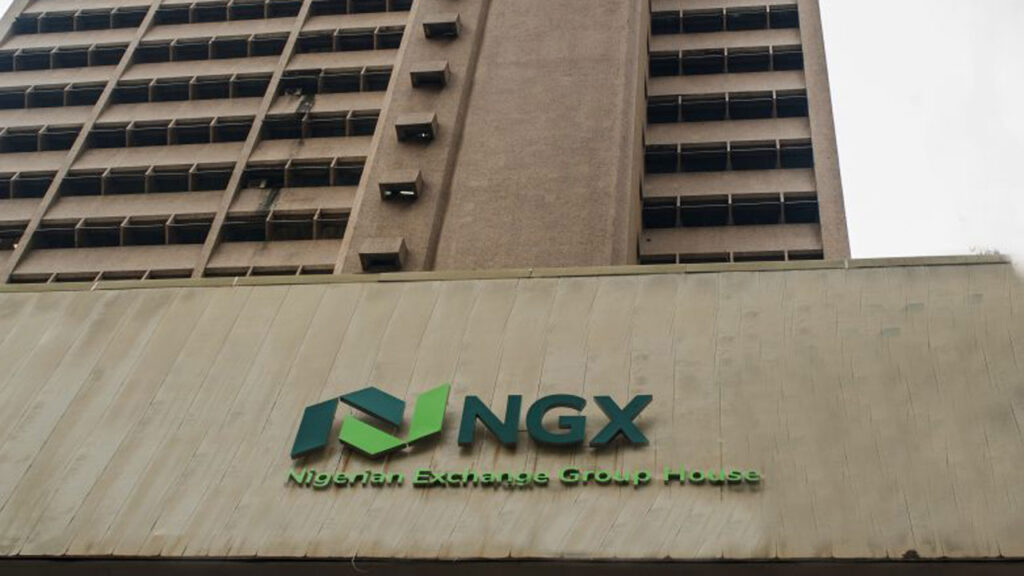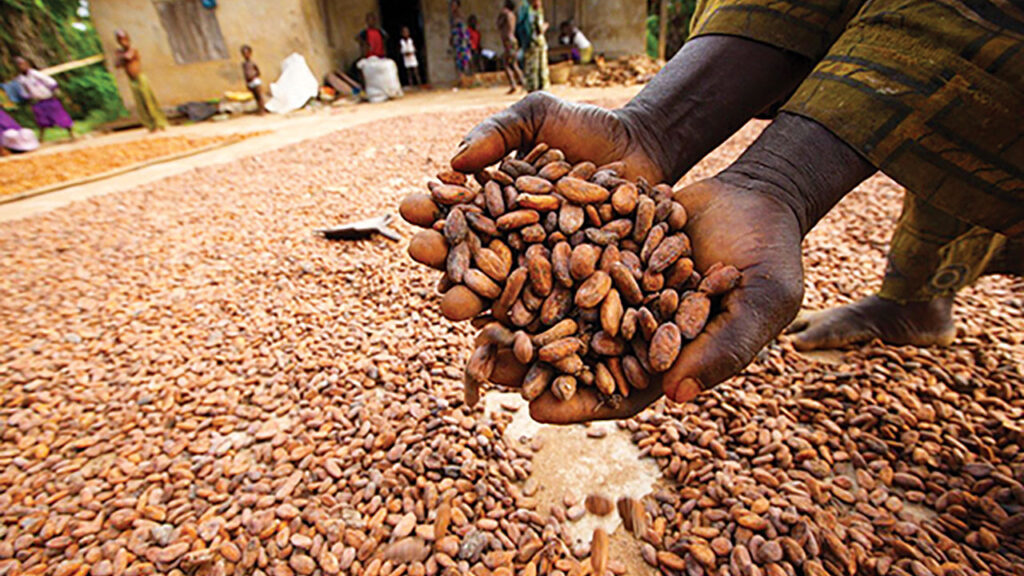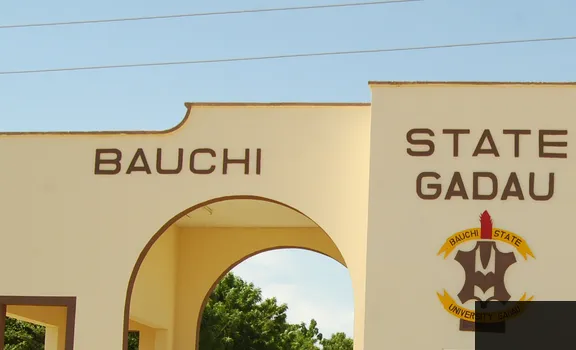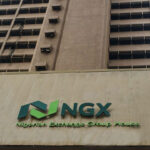
In what may be described as a twist and sudden change in performance, the industrial goods index which was rated worst performing in 2023 has returned a year-to-date gain of over 95 per cent to investors.
This is against the 12 per cent gain it posted in the 12 months of 2023, placing it behind five other sectors.
In 2023, the five other segments – NGX banking index, insurance index, the consumer index, the oil and gas index and NGX index – closed with a modest margin of 114.9 per cent, 84 per cent, 90 per cent, 125 per cent and 45 per cent respectively while the industrial goods sector underperformed the index with 12 per cent.
Surprisingly, data from Nigerian Exchange Limited (NGX) at the end of last week’s transactions showed that the segment had witnessed a tremendous leap, outperforming five other indices to hit 96.6 per cent growth in less than two months.
The consumer goods trailed with 46.3 per cent return. The NGX index ranked third with 41.4 per cent gain while the oil and gas index followed with 25.8 per cent gain. The banking index ranked worst recording -0.08 per cent returns.
Companies under the industrial segment are Cutix Plc, Dangote Cement, Lafarge Africa, Berger Paints, Betaglass, BUA Cement, Chemical and Allied Products, Notore Chemical Industries, Smart Products Plc, CAP and TRIPPLEG.
The improved performance recorded by the sector may, however, be attributed to investors’ increased appetite in the shares of the two cement-producing giants under the segment: Dangote Cement and BUA Cement as these stocks have remained the toast of investors since the beginning of the year.
For instance, Dangote Cement is currently the most valuable stock on the NGX with a market capitalisation of N13 trillion, which makes up about 22.5 per cent of the exchange market capitalisation.
The stock reopened its transaction for the year at N319.90 kobo and closed its trading on Friday, February 16, 2024 at N763 per share, representing a YTD gain of 139 per cent, ranking second best in terms of year-to-date performance.
Dangote Cement accrued up to 42 per cent over the past four-week period and presently sixth best on NGX.
For BUA Cement Plc, the stock is currently the fifth most valuable stock on the NGX with a market capitalisation of N5.38 trillion, constituting about 9.29 per cent of overall market capitalisation.
It resumed trading for the year with a share price of N97. As at the close of trading last Friday, it had appreciated to 158.80 kobo, culminating in a YTD gain of 63.7 per cent.
The stock presently ranks 13th on the exchange in terms of YTD performance.
Reacting to the performance, Head of Equity, Planet Capital, Dr Paul Uzum said two stocks under the segment: Dangote Cement and BUA Cement make up over 90 per cent of the industrial goods sector, noting that Dangote Cement had risen from N320 to N763, representing 138 per cent growth while BUA Cement increased to N158.8 from N102.
“The devaluation of the naira by 64 per cent from N913.9 to N1500 in January 2024 had a severe consequence for many Nigerian billionaires on Forbes list, their wealth likewise diminished by almost 60 per cent.
” They also have valid rights to buy their stocks as well, the stock market is also driven by the principle of willing buyers and willing sellers. So, you could see a spike in the stocks with big names like Dangote Cement, Dangote Sugar and Nascon, Abdulsamad Rabiu (BUACement and BUAFood) and Femi Otedola (Geregu).
“Knowing that these big names will show some interest in their stocks also propelled investors to join them in buying these select names.”
President of the Independent Shareholders Association of Nigeria, Moses Igbrude said investors’ perception concerning the equities market is becoming positive due to bold reforms undertaken by the current government to revive the economy, unlike the usual apathy that bedeviled the market over the years.
“Investors’ perception of the stock market in the former regime was negative because the previous government treated capital market issues with levity but investors’ perception now is positive because they believe the current government is interested in the market and economic development and the sustainability this growth depends on government willingness to implement positive reforms ”













